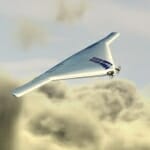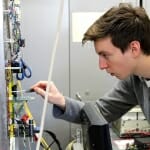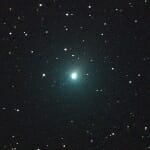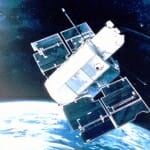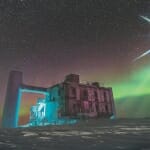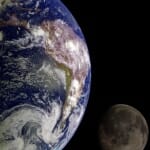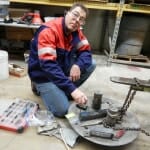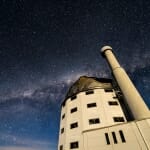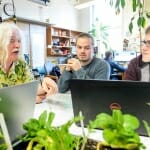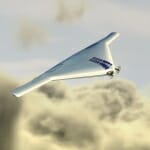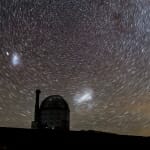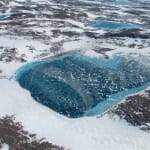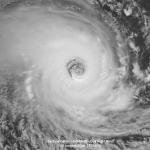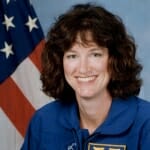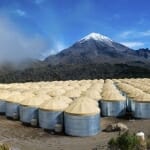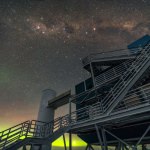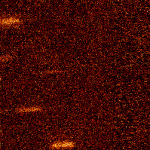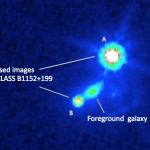Tag Space & astronomy
Seminar on astrobiology aims to inspire a look into the bounds of life
By bringing together biologists, chemists, engineers, astronomers and others, astrobiology aims to uncover the origin of life on our planet and life’s prospects in the cosmos. Read More
Gamma ray telescope ready for prime time
A new telescope, part of an international effort to develop and build the world’s largest, most sensitive gamma-ray detector, was unveiled to the public Thursday. UW–Madison scientists developed a camera at the heart of the telescope. Read More
Watch comet 46P/Wirtanen, discovered by a Wisconsinite, as it nears Earth
The comet, discovered by Kenosha native Carl Wirtanen, a well-regarded hunter of astronomical objects and surveyor of the Milky Way in the 20th century, will make its closest approach to Earth on Dec. 16. Read More
Reaching for the stars: 50 years of space astronomy
In December 1968, the world’s first autonomous space-based astronomical observatory carried seven telescopes from UW–Madison, designed and built by a plucky band of scientists in an unassuming warehouse on South Park Street. Read More
UW–Madison alumni, students forge team to aid proposed NASA mission
A group of UW–Madison students used a foundry to cast a stand-in for a spacecraft that may rendezvous with a comet two decades from now. Read More
Prototype camera set for integration into novel gamma-ray telescope
A unique high-speed camera, designed to capture the fleeting effects of gamma rays crashing into the Earth’s atmosphere, will soon be on its way from the University of Wisconsin–Madison to Arizona’s Mount Hopkins. Read More
‘Origins’ scientists to take your questions Thursday during Reddit AMA
Ever wondered what it’s like to unearth a long-buried human ancestor? Or to peer into the night sky to discover the mysteries of galaxy evolution? Find out Thursday. Read More
In ‘Origins,’ UW–Madison and South African scientists tackle mysteries of our shared beginnings
The quest to understand our beginnings — of our universe, of life on Earth, of our species — inspires people all over the world. At UW–Madison, researchers have forged partnerships with colleagues in South Africa and are uncovering answers and opening new scientific frontiers. Read More
Remembering astronaut Laurel Clark, 15 years after Columbia tragedy
Clark, a UW–Madison graduate, was killed along with six other crew members when the space shuttle disintegrated upon re-entering Earth's atmosphere. Read More
First measurement of the cosmic-ray spectrum with HAWC
It bridges measurements at higher energy usually performed by ground based detectors and measurements at lower energy that previously had been conducted by detectors on satellites and balloons. Read More

